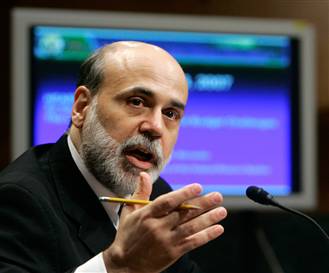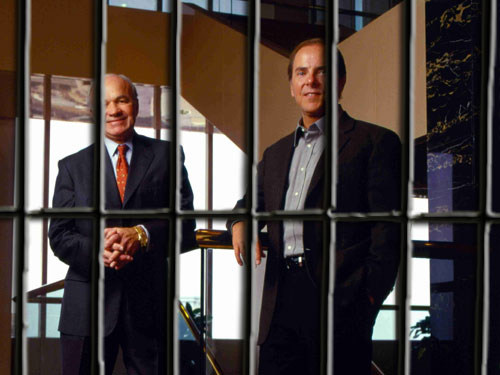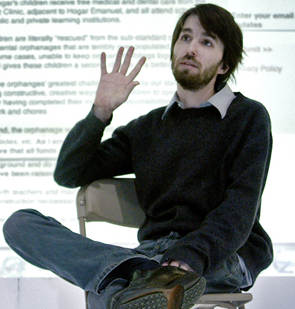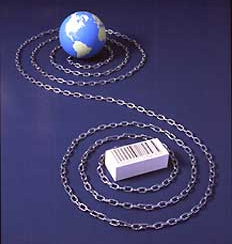Paul and Jeff’s endless (and entertaining) arguments reflect the conflict between the marketing team and the accountants. Marketing team deals with spending income to advertise the company, while accountants focus on reducing cost to maximize profits. Accountants often find it easy to calculate marketing expense but trouble to calculate the effectiveness these promotions.

Bell spent over $200 million to sponsor the Winter Olympic in Vancouver. That sum, I would image, definitely receives a lot of attention from Bell’s accountants. As discussed in class, Bell’s marketing may generate any short term results. From COMM 486, I learned that marketing is all about increasing brand awareness, and building relationship between the consumers and the brand. However, to put a quantitative number of these results can be very complex and can also take a very long time. Bell wanted to gain 1% of market share as a result of sponsoring. Sure, the marketing team might point at the increased market share percentile a couple of years from now and say “hey, our sponsorship worked!” Well, the problem (as you can see) is how much of the rising market share can actually be attributable to the Winter Olympics sponsorship. Could a lack of competition or better products led to the increase in market share?

It’s easily to see how frustrating the marketing team of a firm can get in producing results. It’s even more mindboggling for accountants to find evidences of these outcomes on the financial statements. So, the war goes on…
Tags: 1 Comment










